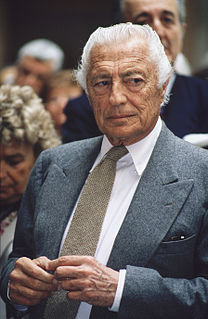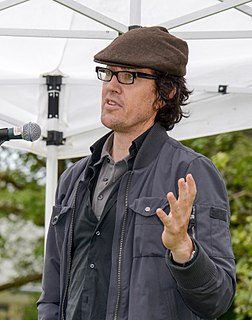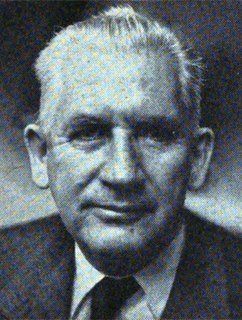A Quote by Mark Helprin
I was raised on the Hudson, in a house that had been the stable of the financier and Civil War general Brayton Ives. In midcentury, we had fire pits in the floor for heating, and rats everywhere, because they nested in the hay insulation.
Related Quotes
I was a child of the women's movement. Everything I had learned was from my mother and my grandmother, who both had a very pioneering spirit. They had to, because they had to change flat tires and paint the house - because, you know, the men didn't come home from the war or whatever else, so women had to do these things.
The church in the book (and movie) plays a pivotal scene. We looked everywhere .. I mean everywhere! We had to have enough of a front yard area to house a Nativity scenes. And we finally found it .. two miles from our office. And we had been all over Tulsa looking. We were looking in places in Texas, everywhere! And I was in the car with the director and we drove by the church.
Harry Truman's decision to fire Douglas MacArthur at the height of the Korean War in April 1951 shocked the American political system and astonished the world. Much of the world didn't realize the president had the power to fire a five-star general; much of America didn't realize Truman had the nerve.
A few years ago, I was trying to buy a piece of land next to a house I had in Newfoundland. I discovered that the plot had been owned by a family, and the son had gone off to World War I and been killed. It began to interest me: What would have happened on that land if the son had lived, had brought up his own family there?
I spent a part of ...1923 with...Dr. W.W. Keen...In the ..Civil War....he was a surgeon...and had seen many men die from suppuration of wounds after he had operated. ...He would hold the sutures in his teeth and sharpen his knife on the sole of his boot, after he had raised up his boot from the muddy ground. That was the accepted practice at the time.
I can't say with certainty that slavery would have ended more quickly and more completely if the South had been allowed to leave and escaped former slaves had been allowed to remain free, and the North and the rest of the world had been a positive influence on the South. However, it's certainly a possibility that it would have ended sooner if the southern slave owners had agreed to a system of compensated emancipation and freed the slaves without a war and without secession, as most nations that ended slavery did. That absolutely would have been preferable to the Civil War as it happened.





































